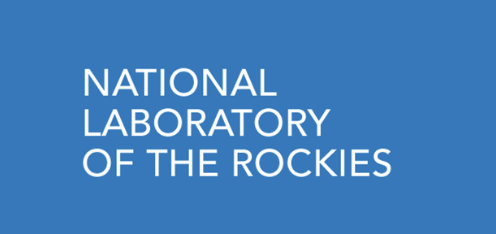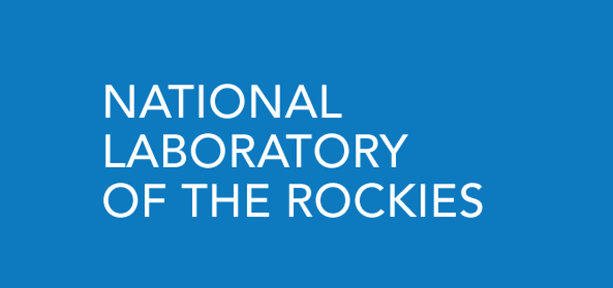Workforce Impacts and Regional Economic Development Model (WIRED)

Abstract:
WIRED is a web-based user-friendly tool to assess the local job, workforce and economic impacts of power generation, infrastructure, and biofuel plants in terms of both construction (temporary effects) and operation (long-term effects). The model is based on an open-source centralized Phyton-based framework and data repository and
uses only publicly available data, including economic databases from the U.S. Environmental Protection Agency's StateIO project. WIRED offers both single project and portfolio analysis, integrates GIS capabilities (e.g., feedstock availability, disadvantage communities maps) and performs the regionalization of impacts to county-level.
Estimates include regional gross domestic product, economic activity, earnings, jobs and workforce
metrics (supported occupations and their characteristics).
Model/Tool Platform:
Python
General Modeling Type:
Other: Input-Output Analysis
Primary analytical purpose:
Socio-economic:
Analysis of the economic or social effects of bioenergy and bioproduct technologies or feedstocks.
Secondary analytical purpose:
None
Metric categories:
- Socio-economic:
- Employment
- Other Socio-economic (e.g., GDP impact, Investment/NPV)
Geospatial resolution:
State
Temporal resolution:
Years
Laboratory:
NLR - National Laboratory of the Rockies
Principal investigators:
Andre Avelino, Yimin Zhang
Model start year:
2023
Model last updated:
2023
Development status:
In Development
Level of validation/review:
Internal QA/QC or Peer Review
Links:
(None specified)
Model scope:
Biomass Supply
Feedstock Logistics
Conversion
Distribution
End Use
- Feedstock Types
- Fats, Oils, and Greases
- Conversion Technology
- HEFA
- Transportation Market Segment
- Aviation
1
2
3
4
Analytical Purpose
Supply Chain Elements
Biomass Supply
Feedstock Logistics
Conversion
Distribution
End Use
Information last updated: Jan. 12, 2024 01:12:00 EST
